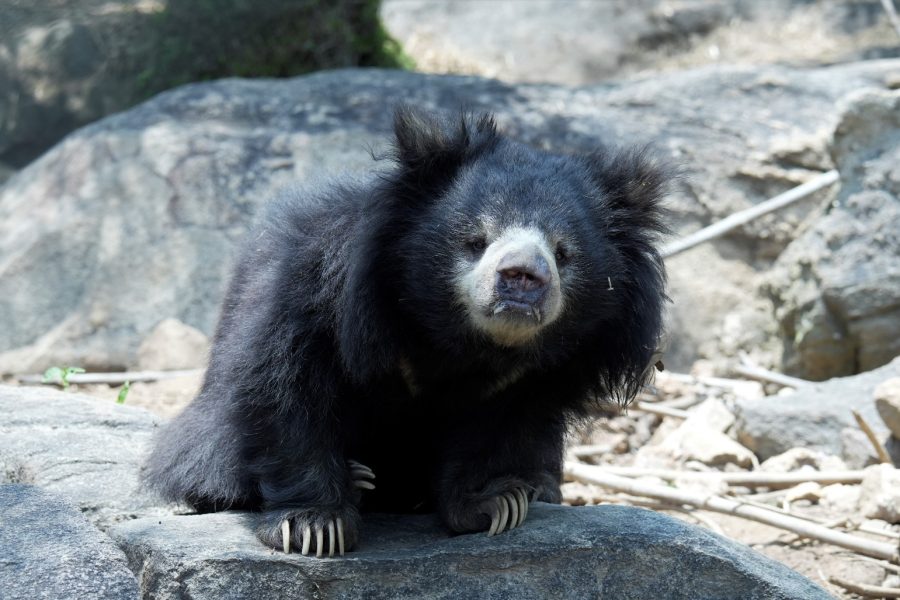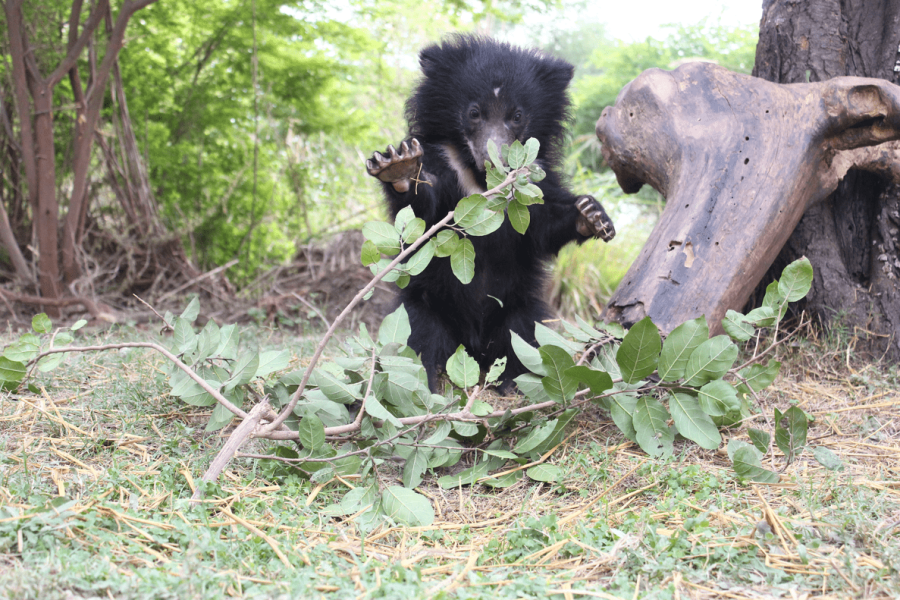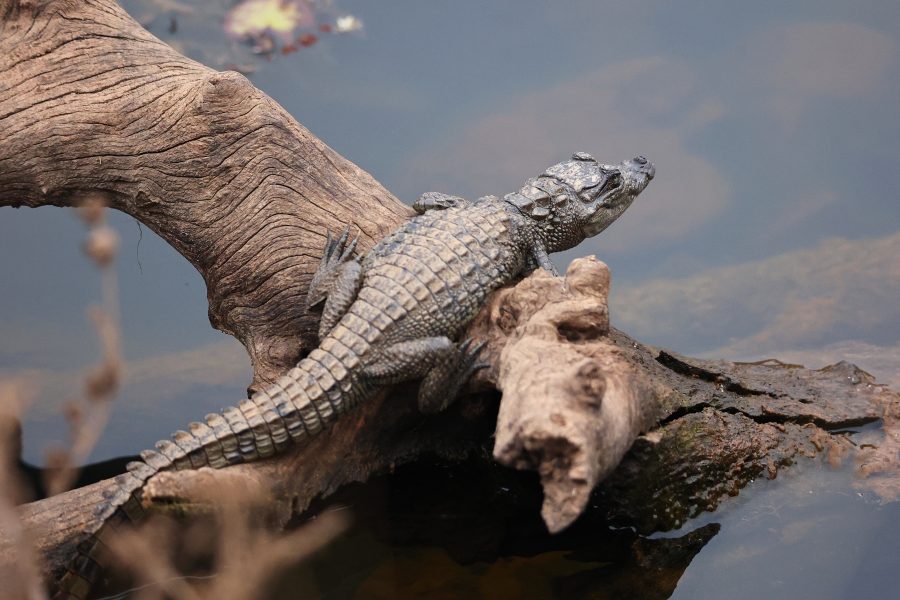 By Aaliya Mir and Jordan Carlton Schaul
By Aaliya Mir and Jordan Carlton Schaul
Wildlife SOS was invited to help launch and participate in an exciting cycling event to promote environmental awareness and wildlife protection in the state of Jammu and Kashmir in Northwest India. The Cycling for a Healthy Environment and Individual program was jointly organized by the Chinnar Cycling Club Magam and the J&K Cycling Association in early Spring of this year. More than 40 participants took part in the event — a 15 km cycling adventure beginning and ending in Narbal. Junior and senior participants alike attended the event, including the youngest participant — a 9 year old Aaquib child from the Gazal Memorial Institute in Narbal.
Wildlife SOS staff was asked to meet with local spectators and cycling participants to explore solutions to some environmental crises following the cycling activities and the presentation of prizes.
Over the years, Narbal has endured stressors associated with urbanization, not the least being human-wildlife conflict. Despite implementation of the Jammu and Kashmir Wildlife Protection Act in 1978, and the creation of an official wildlife protection office 1982, which were intended to help conserve native wildlife in Northwest India, conflict with native species has greatly impacted local communities. It is unfortunate because the impressive biodiversity of the region includes some beautiful species of birds like the Western tragopan and the Himalayan monal, not to mention Asiatic black bears, brown bears, Indian leopards and of course the critically endangered snow leopard and the state animal the hangul or Kashmir stag (red deer).

Encounters with bears, leopards and wolves have been on the rise, much to the dismay of wildlife authorities including members of the Wildlife SOS team deployed to the region. Retribution and incidental killings have taken the lives of many individuals of charismatic wildlife species known to inhabit the region, but determining who is responsible for the illegal action against wildlife has been difficult to assess. Open dialogue with local residents did draw attention to the crisis and has stimulated appropriate discussion concerning ways the communities in the region can peacefully coexist with wildlife and avoid contributing further to the demise of some of India’s imperiled wildlife species





